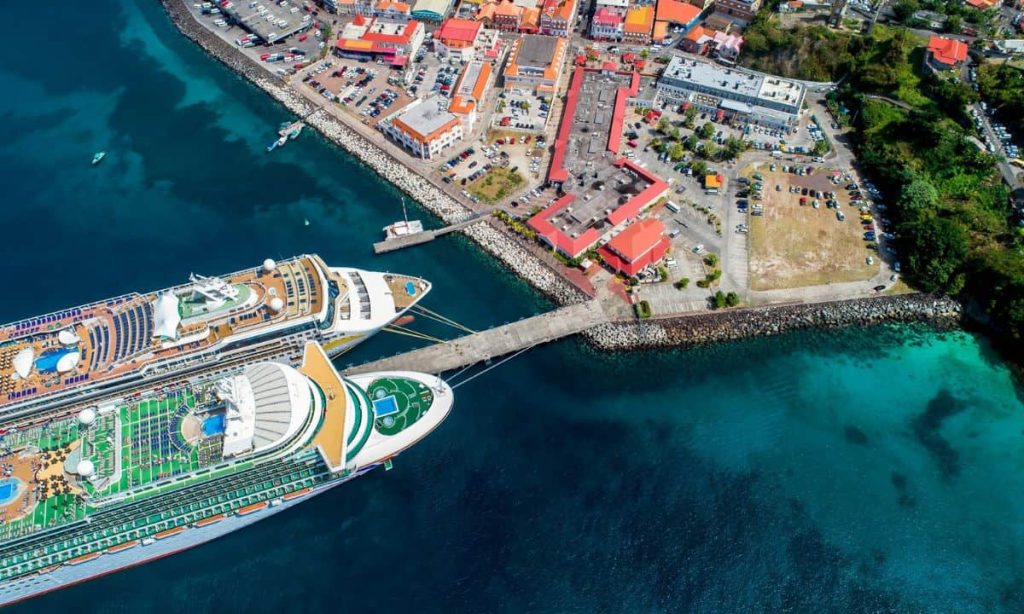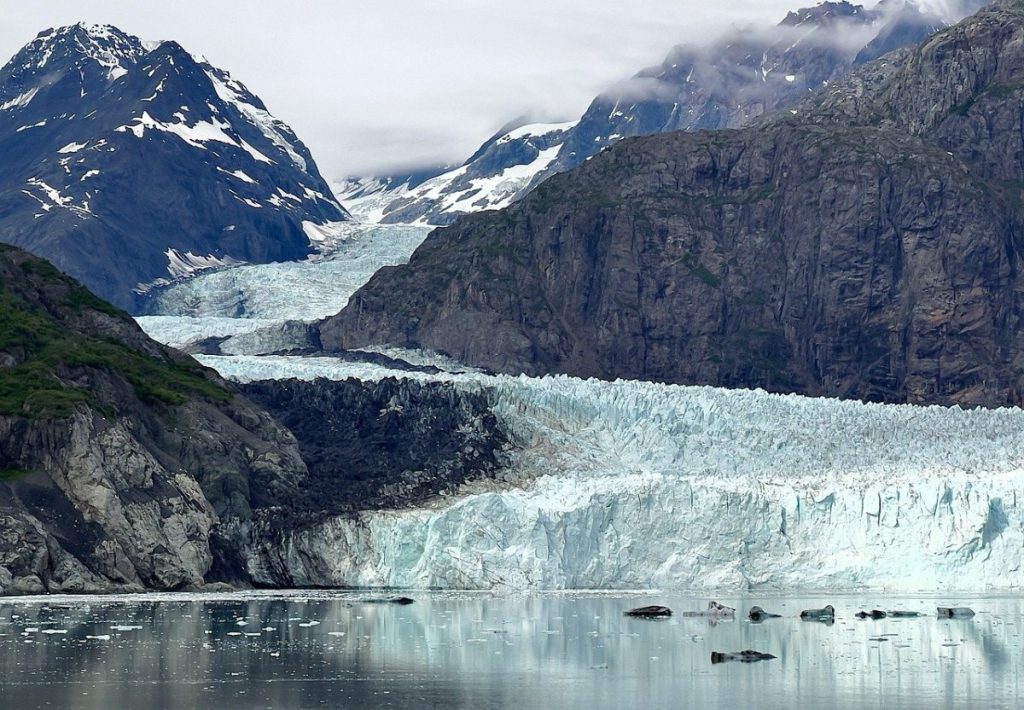There is often a debate among travelers about whether cruising is a more cost-effective option compared to traditional land vacations. Cruise lines market their trips as offering great value by combining accommodations, dining, and entertainment into one package.
But is cruising cheaper than booking flights, hotels, meals, and activities on land? To answer this question, we need to analyze the costs associated with both types of vacations and compare them in key areas.
1. Accommodations: Cruise Cabins vs. Hotels
Accommodation is a major component of any vacation budget. When comparing a cruise to a land-based vacation, the difference in price is often noticeable.
Cruise Accommodations

When you book a cruise, the cost of your cabin is included in the overall price of the trip. Cabins range from small inside rooms to luxury suites with balconies. The price you pay covers your entire stay on the ship, which can last from three days to two weeks or longer, depending on the itinerary.
Cruise cabins are generally smaller than hotel rooms, but they offer everything you need for a comfortable stay, including a private bathroom, storage space, and a bed.
Since cruise packages often include meals, entertainment, and activities, you may argue that you’re getting more value for your money when you book a cruise. However, cabins with windows or balconies tend to cost significantly more than inside cabins, so your experience could vary based on the type of room you choose.
Hotel Accommodations

When booking a land vacation, the cost of accommodations depends largely on your destination and the type of lodging you choose. Hotels, resorts, Airbnb rentals, and other forms of accommodation come in various price ranges, from budget-friendly motels to luxury suites in prime locations.
Unlike cruising, where accommodations are paid upfront, hotels often require separate bookings for every night of your stay. If you’re staying in a major tourist destination or a city during peak season, nightly hotel rates can quickly add up. However, you typically have more control over your lodging options with a land vacation, which allows for more flexibility in terms of budget.
2. Meals: Inclusions and Extras
Food is another important factor when comparing the costs of a cruise versus a land vacation. Meals can consume a significant portion of your travel budget, especially if you enjoy local cuisine or fine dining.
Cruise Dining

One of the major perks of a cruise vacation is that meals are generally included in the cost of your fare. Most cruise lines offer various dining options catering to different tastes and dietary needs. The main dining room, buffets, and snack bars are usually complimentary, and you can eat as much as you like at no extra cost.
However, many cruise lines also have specialty restaurants that charge an additional fee. These restaurants provide a more upscale dining experience and often include steakhouses, seafood, or sushi. While these venues are appealing, they can increase the overall cost of your cruise if you choose to indulge in multiple nights of specialty dining.
Land Vacation Dining

For land vacations, dining costs vary depending on where you eat and the type of food you prefer. If you’re staying at a resort, you may have the option of an all-inclusive package, similar to the dining experience on a cruise. This can simplify your trip by bundling your meals and drinks into the cost of your stay.
For those who choose independent travel or hotels without meal plans, dining expenses can fluctuate based on your preferences. Local restaurants, cafes, and street food can be more affordable, while fine dining establishments may significantly increase the total cost of your trip. On a land vacation, you’re more likely to have greater control over how much you spend on meals, as you can choose inexpensive options when necessary.
3. Entertainment: Cruise Activities vs. Land-Based Excursions
The cost of entertainment is another aspect to consider when comparing cruises to land vacations. Both options offer a variety of activities and excursions, but they differ in pricing and inclusions.
Cruise Entertainment

One of the highlights of a cruise vacation is the range of onboard entertainment included in the fare. Most cruises feature nightly shows, live music, comedy acts, and other performances that offer plenty of free options for post-dinner activities.
In addition to evening entertainment, you’ll find activities like poolside games, dance classes, cooking demonstrations, trivia contests, and more—all included in the cost of your cruise.
Some cruise lines also offer premium entertainment experiences, such as escape rooms, IMAX theaters, or Broadway-style productions, which may come with an additional charge. However, your initial fare covers the majority of onboard activities.
When the ship docks at a port, excursions become another area where you may encounter extra costs. While some basic shore excursions might be included, more specialized activities like snorkeling, guided tours, or private beach days can have hefty price tags.
Plan for these extras when organizing a cruise, as they can significantly impact your overall expenses.
Land Vacation Entertainment
For a land vacation, entertainment expenses mainly depend on your location and chosen activities. City tours, museum visits, amusement parks, and outdoor activities such as hiking or beach visits can vary in cost.
Unlike a cruise, where much of the entertainment is included, a land vacation often requires budgeting separately for each activity. This can make it easier to control costs by selecting free or low-cost options, but it also means you may need to plan your activities more carefully.
In many cases, you can tailor your itinerary to match your budget, opting for self-guided tours or free attractions. However, in major tourist destinations, tickets to top attractions or guided tours can add up quickly, potentially making a land vacation more expensive than expected.
4. Transportation: Getting There and Getting Around
Another significant difference between cruise vacations and land vacations is transportation. Both types of trips involve transportation to and from your destination, but the cost consideration of how you move around once you arrive can differ significantly.
**Cruise Transportation**
One advantage of cruising is that the ship serves as your main mode of transportation between destinations. This eliminates the need to worry about flights, trains, or buses to get from one place to another. Your cruise fare covers the cost of traveling from port to port, offering a convenient way to explore multiple destinations in one trip.
**Land Vacation Transportation**
For land vacations, transportation costs can vary greatly depending on where you’re going. Flights, rental cars, trains, and taxis all add up and should be included in your travel budget. In remote locations, transportation expenses can become a major part of your trip cost.
Comparing the costs of a cruise versus a land vacation involves considering factors like accommodations, meals, entertainment, and transportation.,
[






